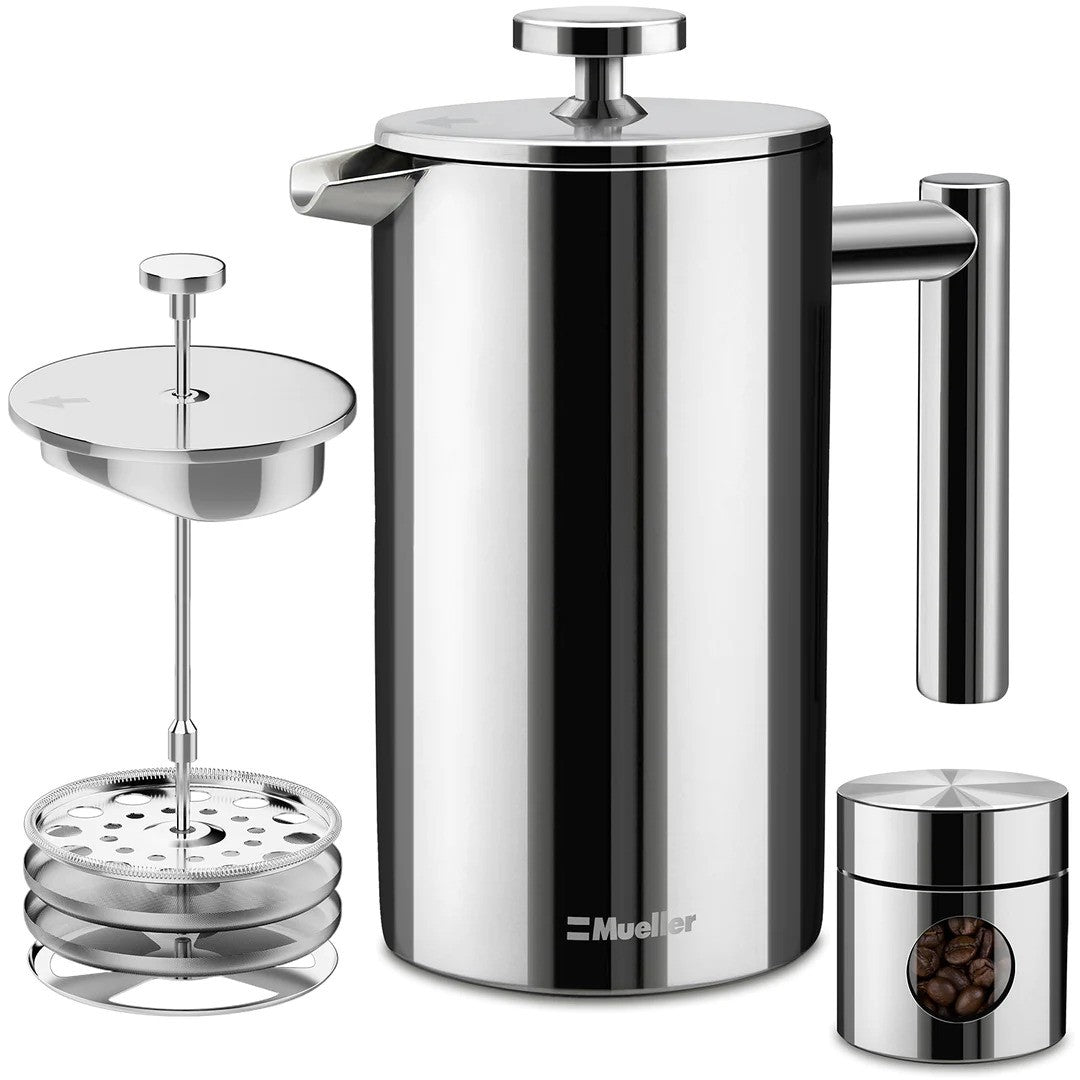Are you sure it’s the coffee beans? by Karen Paterson

Sometimes a cup of coffee doesn’t taste right. Coffee drinkers usually blame it on the beans. Sometimes it is the beans but not always. Bad beans are not the only thing that affects the taste of coffee. Some of the other things are:
-
Water
98% of a cup of coffee is water. Coffee brewed with chlorine or other hard chemicals will be flat and have a bitter, harsh taste. Make sure your water comes from either a high quality filter or quality bottled water. -
Water Filter
Your water filter will change the taste of your coffee. High quality filters take out chlorine, other chemicals, odors and algae. Low quality filters leave some chemicals and other material in the water. Dirty filters add a moldy taste to coffee. Check to make sure your filter is taking out everything that might make your coffee taste bad. -
Temperature
Great coffee is brewed at 200 degrees Fahrenheit . Check the water coming from your automatic drip brewer with a meat thermometer. If you use a French press or manual drip maker, bring the water to a boil and then pour it after about 30 seconds. Coffee brewed below 195 degrees tastes thin and underdeveloped. -
Grinder
Good coffee is brewed from evenly ground coffee beans. Unevenly ground beans will over and under extract, giving your coffee sour and acidic flavors. Using a good quality conical burr grinder will improve the flavor of your coffee. -
Coffee Oil
Coffee beans are filled with oil. When coffee is ground and brewed the oils adhere to the machine. If you don’t clean your brewer, grinder and coffee equipment the oils will turn rancid and give your coffee a sour or fishy taste. -
Coffee Cup
We serve coffee in our tasting room in ceramic cups. We found that our commercial dishwasher left a detergent film on the cups that affected the coffee taste. We now run our cups twice, once with detergent and once without. If you coffee tastes like detergent, it may be the cup. -
Storing
Coffee beans oxidize quickly when exposed to air. In addition, they also pick up flavors in the air e.g. onions, garlic, fuel oil etc. Ground coffee oxidizes faster than whole bean coffee, so coffee beans shouldn’t be ground until just before they are used. Whole bean and ground coffee should be stored in as close to an oxygen free environment as possible. Freezing coffee helps slow down oxidation. Oxidized coffee tastes flat with little aroma and no subtle flavors.
If you check all of the above and your coffee still tastes bad, then you need to take a look at your beans. How long since the beans were actually on a tree? If it isn’t the current crop year, you are wasting your money. How were the beans processed? If they sat on a truck after picking for more than a few hours they may have a fermented taste. Were the beans sorted and graded?
Good coffee trees have both good and bad beans. Did the processor sort out the bad beans? How were the beans stored? If they sat in a container on a tropical pier they may taste moldy. If they were stored in burlap bags they may taste like burlap. How long since they were roasted? Fresh roasted coffee tastes fresh. Old coffee tastes old. Aging is good for wine, bad for coffee.


